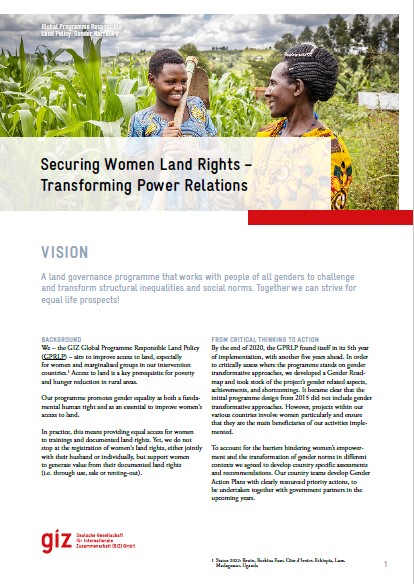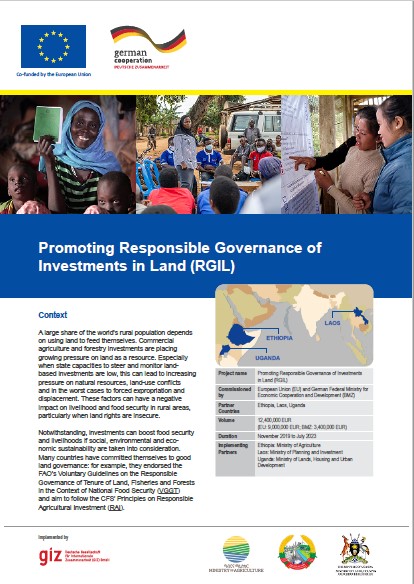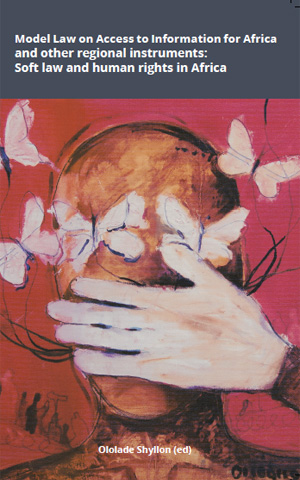La République de Guinée est un pays de taille moyenne, de 245 857 km². Sa population est estimée
en 2008 à 10,1 millions d’habitants, avec un taux de croissance démographique de 2,16 % et une densité de 41 hab./km² ; cette population est largement urbaine, 37 %, principalement concentrée dans lacapitale, Conakry1.
Économiquement, le pays est potentiellement riche avec des ressources minières considérables et diversifiées (bauxite, or, diamants, fer), avec un potentiel forestier, avec la possibilité de produire de






